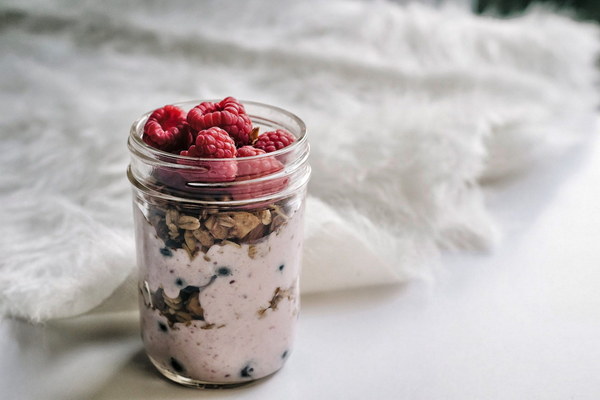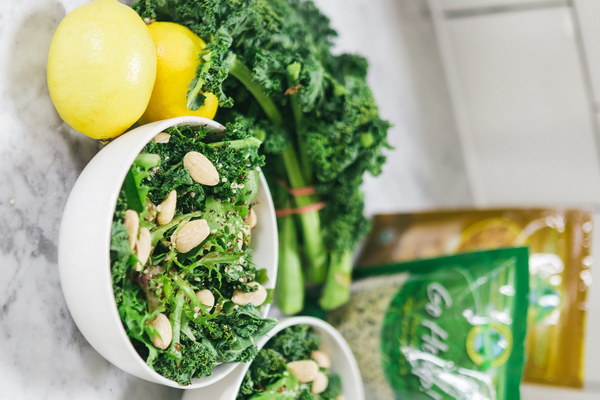Reviving Dryness A Comprehensive Guide to Hydrating Your Body from the Inside Out
In the hustle and bustle of our daily lives, it's easy to overlook the signs of body dryness. Whether it's skin that feels like sandpaper, dry hair that seems lifeless, or lips that crack at the slightest breeze, dryness can be a common yet often overlooked issue. In this article, we'll explore the causes of body dryness and provide practical tips on how to tackle this common problem, ensuring your body is hydrated and revitalized from the inside out.
Understanding Body Dryness
Body dryness, also known as xerosis, is a condition where the skin lacks moisture, resulting in rough, itchy, and sometimes cracked skin. It can be caused by various factors, including:
1. Lack of Hydration: Insufficient water intake can lead to dehydration, which, in turn, can cause dryness.
2. Environmental Factors: Cold, dry weather, wind, and low humidity can strip the skin of its natural oils.
3. Diet: A diet lacking in essential fatty acids, vitamins, and minerals can contribute to dryness.
4. Skin Conditions: Certain skin conditions, such as eczema or psoriasis, can exacerbate dryness.
5. Medications: Some medications, including diuretics and certain antidepressants, can cause dryness as a side effect.
Tackling Body Dryness: A Comprehensive Approach
1. Increase Water Intake
Drinking plenty of water is the most straightforward way to combat body dryness. Aim for at least 8 glasses of water a day, and increase your intake if you are in a dry climate or engaged in heavy physical activity.
2. Use Humidifiers
Humidifiers can add moisture to the air in your home, which is particularly beneficial during the winter months when the air is dry. This helps prevent dryness from becoming more pronounced.
3. Choose the Right Skincare Products
Select skincare products that are designed for dry skin. Look for ingredients such as hyaluronic acid, glycerin, and ceramides, which help to lock in moisture and repair the skin's barrier.
4. Maintain a Healthy Diet
Incorporate foods rich in essential fatty acids, such as avocados, nuts, and seeds. Omega-3 fatty acids are particularly beneficial for maintaining skin health. Additionally, consume plenty of vitamin E-rich foods like almonds, sunflower seeds, and spinach, as well as vitamin C-rich fruits and vegetables to support collagen production.
5. Avoid Harsh Soaps and Hot Showers
Harsh soaps can strip your skin of its natural oils, leading to increased dryness. Opt for gentle, soap-free cleansers instead. Also, avoid long, hot showers, as they can further dry out your skin. Aim for warm, shorter showers, and pat your skin dry gently.
6. Apply Ointments and Creams

After showering, apply a thick, emollient cream or ointment immediately to lock in moisture. Look for products that contain urea, lactic acid, or alpha-hydroxy acids, which help to exfoliate dead skin cells and improve the skin's ability to retain moisture.
7. Regular Exercise
Regular physical activity promotes blood circulation, which can help your skin stay hydrated and healthy. Additionally, exercise increases your body's need for water, so make sure to stay hydrated during and after workouts.
8. Treat Underlying Conditions
If you suspect that an underlying condition, such as eczema or psoriasis, is contributing to your body dryness, consult with a healthcare professional. They can provide appropriate treatment and advice.
Conclusion
Dryness can be a pesky problem, but with the right approach, you can keep your body hydrated and healthy. By incorporating these tips into your daily routine, you'll be well on your way to achieving supple, radiant skin and a hydrated body from the inside out. Remember, hydration is key, and with a bit of effort, you can overcome dryness and enjoy your skin's natural glow.









